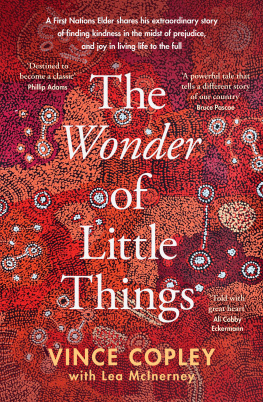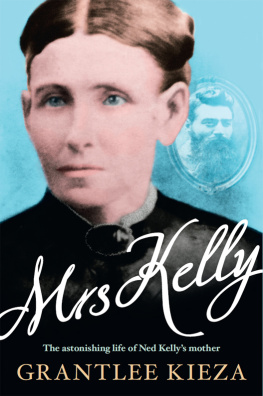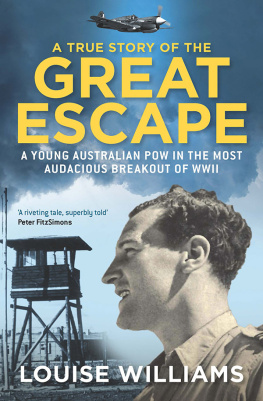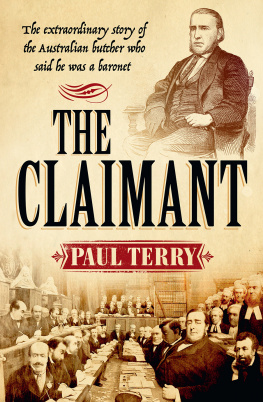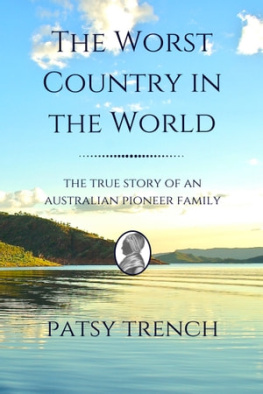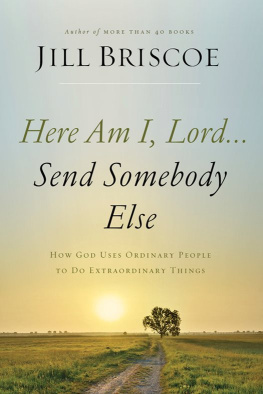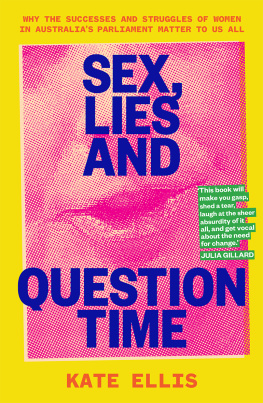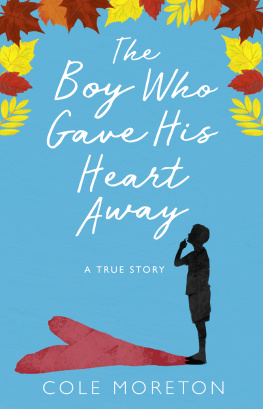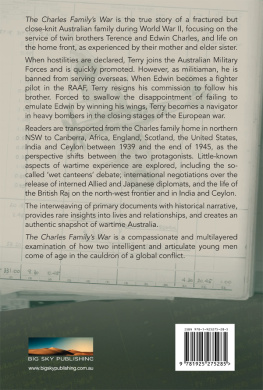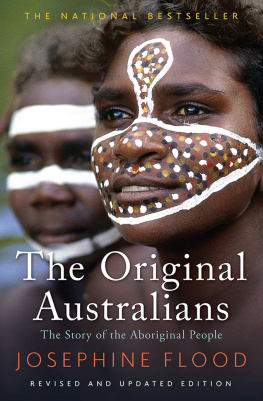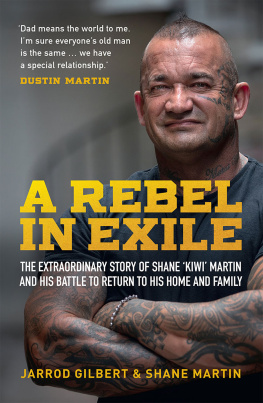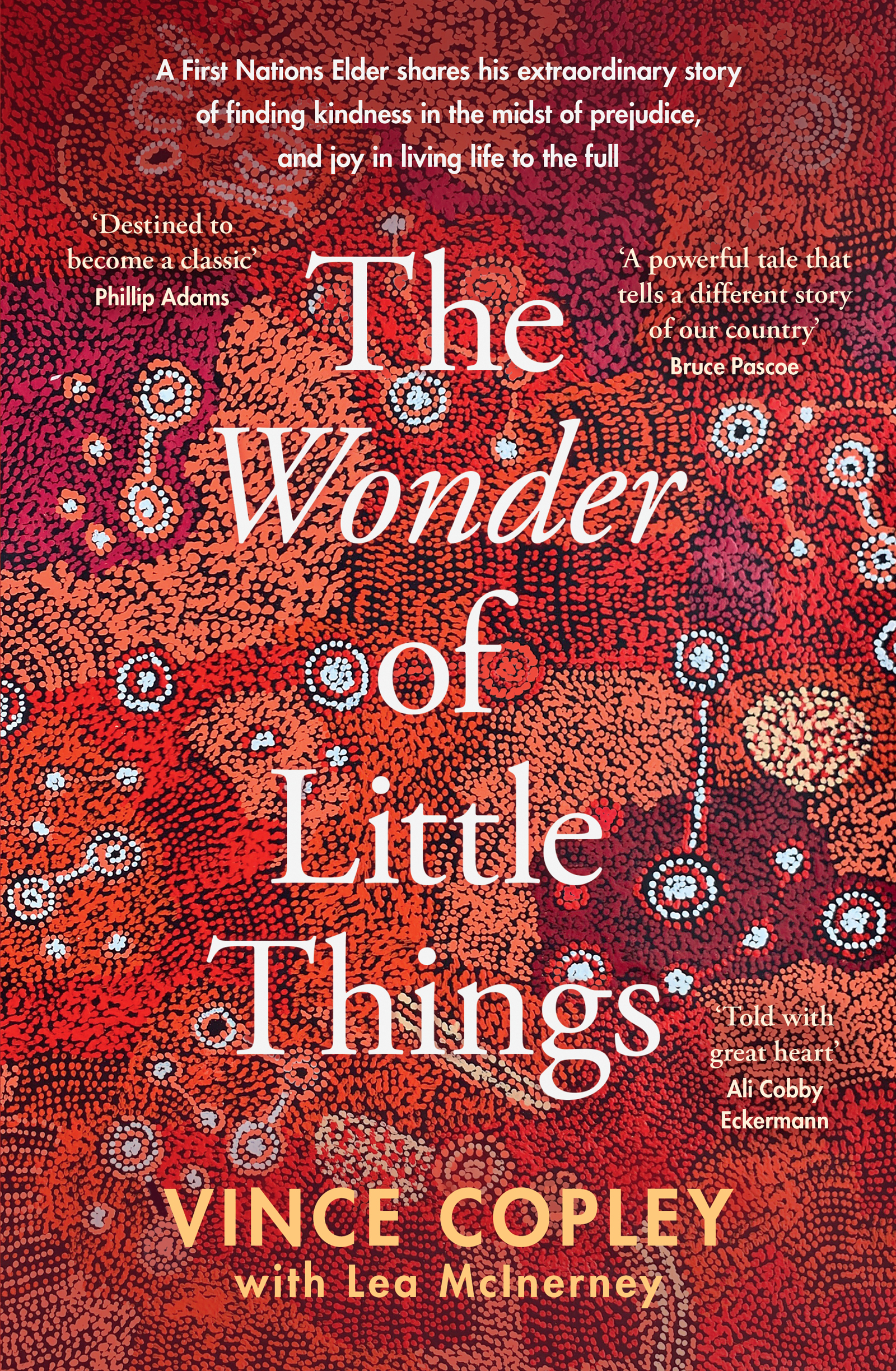Contents
Guide
For Kara and Vincent:
What their dad did
Contents
South Australia, 1940s
We head down to the beach me, my sisters Maureen and Josie, and my brother Colin. Im nearly four, big enough to reach the pedals of the red car. The others are running along beside me, and Colin drops back and pushes me every now and then. Hes six years older than me and a really fast runner. Our aunties call him Old Phar, after Phar Lap the racehorse. He wears one of those jockey caps all the time too. Mums back at the house, and our oldest sister Winnies staying with our relatives at Point Pearce, forty miles down the coast road. Dads not around because he died when I was one. He was a fast runner too. Mum says Dad died of a broken heart.
We take a short cut where the road goes down to the bridge over the railway line. To get onto it you go down three steps, and once youre across to the other side you go down some stairs to the ground. Colin pushes me in the red car all the way. My feet slip off the pedals, and they keep turning and hitting my legs. When we get to the bottom Im crying because my shins and ankles are skinned raw. The others just laugh.
We keep on going along the road, and when we get to the jetty we walk out to the end and watch people fishing and a ketch loading up at the port to take the wheat and barley to Adelaide. Theres a clipper there too with a load for England.
We come home the same way, and Colin carries the red car up the stairs and across the bridge and up the last few steps, then I get back in and he pushes me home. When Mum finds out what happened she gives Colin a hiding. Hes meant to look after me.
* * *
Were living in Adelaide now. Its a year or two later. A local politician helped Mum find us a place to live in Mile End. It used to be a shop, and Mum covers up the display windows on each side of the front door with curtains. Mums got regular work cleaning peoples houses.
Just up the road from us is the town hall, where they show movies on Saturday nights. Im usually asleep before the movies over, and Colin piggybacks me home it isnt far but its far enough for him to be carrying me. My feeling about him is that hes my big brother. I look up to him.
When the summer school holidays come we go over to the mission at Point Pearce and stay with my grandfather Papa Joe, grandma Maisie and our cousins. Mums there too. Every morning we head off and play all day around the paddocks and sheds. Every evening at teatime we come back to Papa Joes for a feed and bed.
One day, Colin and his mates are over at the shearing shed, chasing each other and mucking about. Theres a stone wall around the shed just high enough to stop the sheep getting out and low enough for young lads to think they can jump over it. Along the top of the wall are iron droppers, and strung through a hole near the top of each one is a line of barbed wire. Colin jumps the fence and tears his knee on the wire. But he just carries on and doesnt tell anyone about it.
A few days later Mum sees him limping and asks him whats wrong. He shows her his knee, all swollen and hot. The closest hospital is ten miles away in Maitland, but thats taboo for us they dont take Aboriginal people. We have to keep going up the road to the hospital in Wallaroo, fifty miles away.
No ones got a car we can use because very few people at Point Pearce have them and petrols expensive. In the horse and cart it will take about six hours to get there. Papa Joe and Mum work out that the bus going to Adelaide leaves soon and will get us to a hospital quicker. Papa Joe brings round the horse and cart and takes Mum, Colin and me along the road to The Gate where the bus stops. We jump on.
As the bus heads down the Adelaide road, Colin gets sicker and sicker. He opens the window and leans out and vomits all down the side. The bus driver isnt happy. We get to the Adelaide depot and the hospitals just across the road. We go straight over and they admit him, but the infections set in too far.
Its just so sad when he dies.
* * *
Welcome to my story.
Its a simple story of a simple person, whos lived a long life now.
Losing Colin and my dad when I was young are two of the sad parts of my story. But there have been a lot of happy parts and funny parts and enjoyable parts too.
Bad things have happened to me, like they happen to everyone. Being a black person living in these times meant I experienced some particular sorts of bad things, and Ive done my best to turn that around for myself and my family, and for other black people too.
In this book Ill tell you a bit about how I worked my way around racism, and how I made sure I kept on enjoying life. How I often just ignored peoples ignorant comments, or made crazy jokes about them with my friends and family. How if someone was trying to stop me from enjoying myself or from making a living just because of the colour of my skin, Id just keep going until I found someone who treated me right. And how once one person treated me right, others soon did too.
Ill tell you about how I worked behind the scenes with my Aboriginal and Torres Strait Islander friends to change the laws and policies that meant a lot of white people saw us only as the colour of our skin and not as people just like them.
Ill tell you about some of the other struggle times in my life and what I learned as I went along. I didnt learn a lot in school, not in the classroom anyway. But I learned a lot all through my life, and Im grateful for the people who showed me things and taught me things and let me do the things I knew I was good at.
In this book youll meet Mr Vickery, my high school headmaster, who used to love watching me play football when I was a teenager. At the end of my matches hed take up a collection from his mates and give it to me, to give me a taste of being a professional sportsman.
Youll meet my friend Charlie Perkins, who I was at the boys home with. Charlie went on to be a bit famous for stirring things up so that Aboriginal and Torres Strait Islander people could have the same rights as other Australians. I worked for him for a lot of years, and we travelled together a lot. I got to see what a good operator he was with people and how he was making the changes that needed to be made, especially at that time in history. It was because of Charlie that I met Muhammad Ali.
Youll meet my Curramulka friends Frank and Pat Joraslafsky, who invited me to tea at their place when I was seventeen years old and new to the white farming community they were part of. And youll see how that set the ball rolling for other people to do the same, and how I ended up living there for fourteen years, and how I met Brenda and we fell in love, and how on the Peninsula there were dances every week in the big halls and the little ones, and how I learned to do waltzes and foxtrots, and became one of the most stylish dressers around. The Currie people didnt care about the colour of my skin they just saw me and what I had to offer, and they enjoyed my company and I enjoyed theirs.
And youll meet my mum, a really strong woman who taught her kids to always remember youre as good as anybody else. She died when I was fifteen, which is another one of the sad times in my life Ill tell you about. But what she said to me when I was young has stayed with me all my life.
Anyway, I better not tell you everything thats in the book!
How Ive made my story into this book is by telling it to my friend Lea. I got to know Lea a few years ago when she came to my place to ask me about my Ngadjuri culture. We had a few cups of tea that day, and Brenda had made a big spread of her homemade scones and curried egg halves and sandwiches, like she always did for visitors. Brenda being the daughter of farmers, well, country-style hospitality and catering was par for the course for her.

